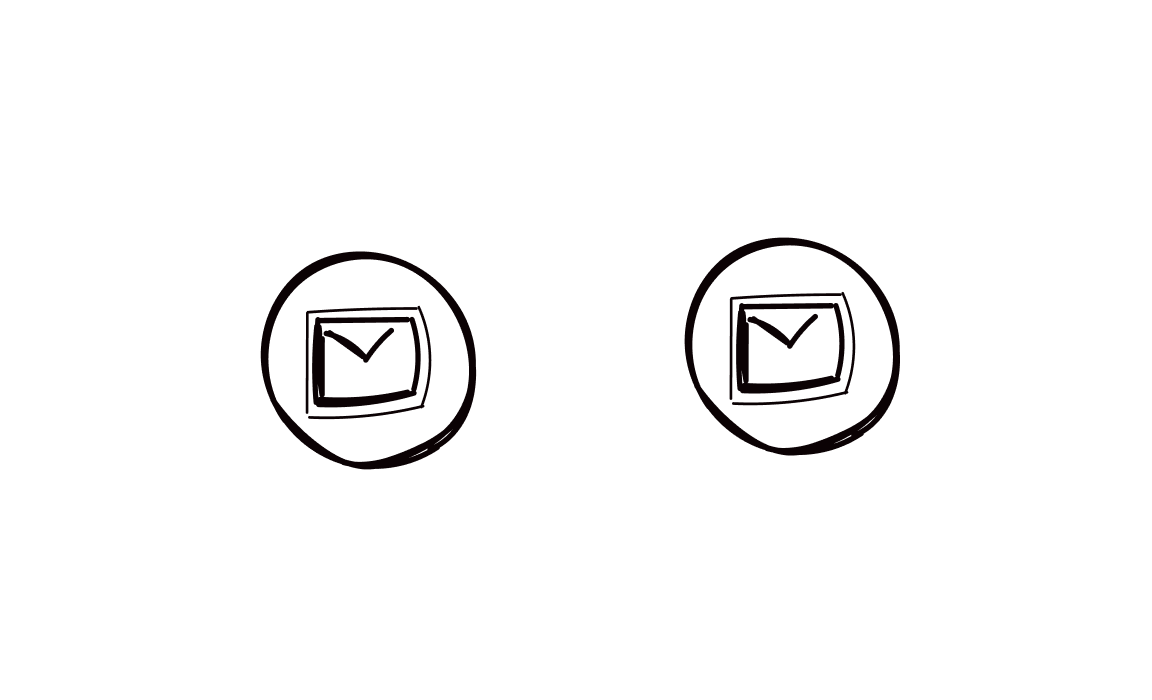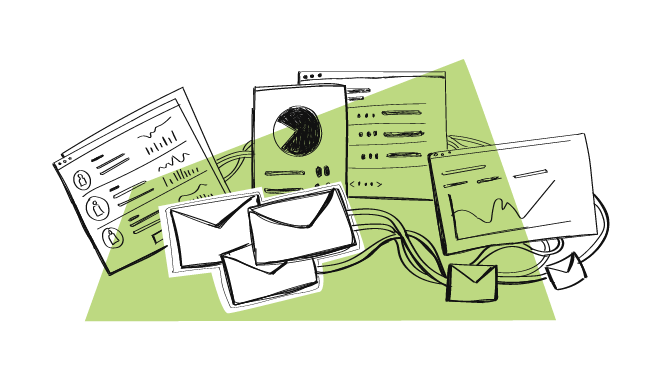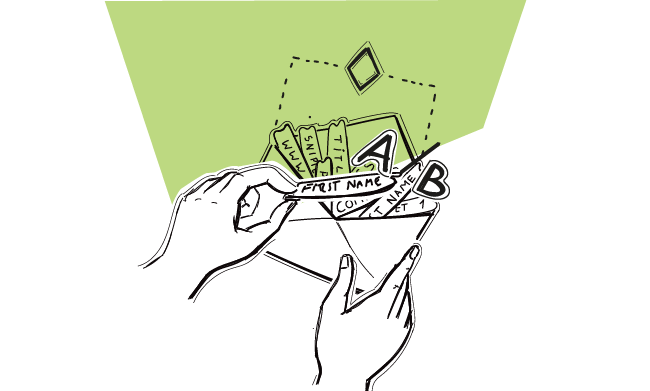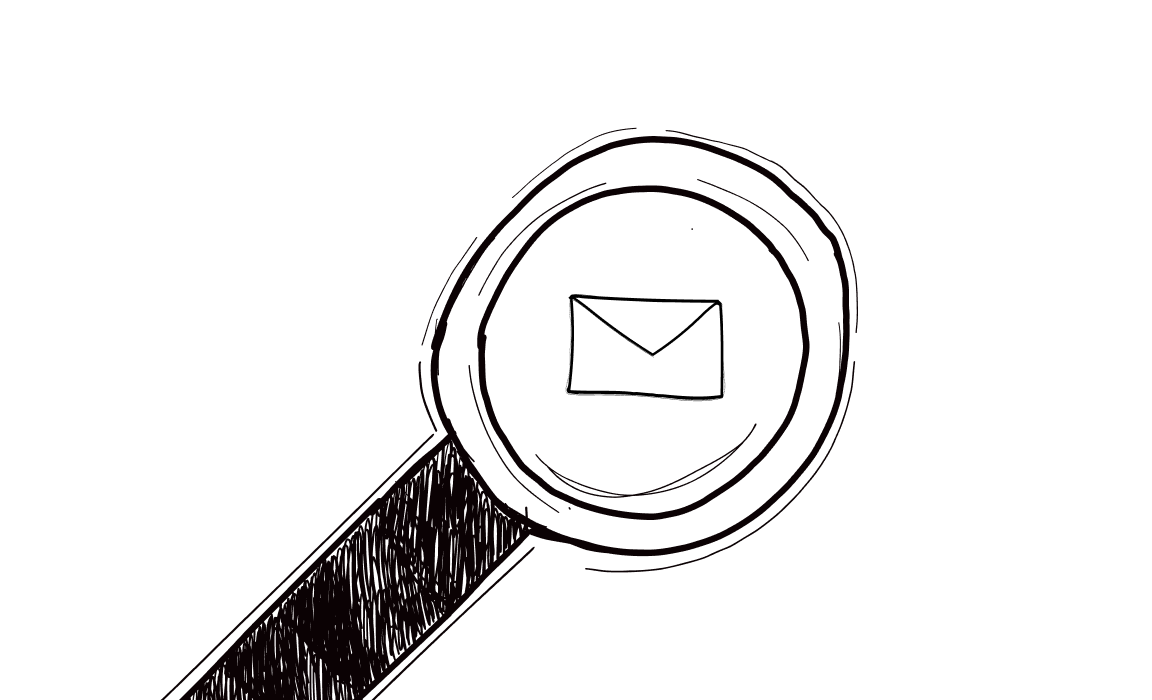When you’re running a business, small details can change how people see you. One of the simplest – and most overlooked – is your email address.
Imagine receiving two proposals.
- One comes from [email protected]
- The other from [email protected]
Same offer, same price, same tone. Which one feels more credible? You know the answer.
That’s how most clients think too.
What’s the real difference between a personal and company email address?
A personal email uses a free domain like Gmail, Yahoo, or Outlook. It’s fine for family photos or shopping receipts. But in business, it tells a subtle story: one that says, “I’m not fully established yet.”
A company email, on the other hand, uses your own domain, something like [email protected]. It connects your communication to your brand. It feels official, traceable, and consistent.
That small “@yourbusiness.com” part carries weight. It signals you’ve invested in your brand and take your work seriously.
Why personal emails can weaken your brand image
Using a personal Gmail or Yahoo address for business might save a few minutes, but it often costs trust.
Clients associate free domains with spam, scams, or side gigs. In B2B communication, credibility depends on predictability… and a generic domain doesn’t provide that.
A personal address can also blur boundaries. When your inbox mixes personal and client conversations, things get messy fast. Misplacing a lead or sending a wrong reply happens more often than you’d expect.
And let’s be honest — it just looks unprofessional.
When someone sees [email protected], it suggests you’re not fully set up.
It’s surprisingly easy to fix. You connect your own domain to set up a professional business email and start sending professional messages in seconds. No tech team needed, no complicated setup.
Why company email addresses build trust and authority
A company domain tells people you’re part of something real. It aligns your identity with your brand — and clients subconsciously notice that.
When you email from [email protected], every message reinforces your logo, your tone, and your professionalism. It’s a silent signal that you’re not just one person working from a laptop: you’re a brand that plans to stick around.
Company domains also come with control. You decide what happens if someone leaves the team, how emails are stored, and who has access. That’s impossible with personal inboxes.
Finally, there’s deliverability. Domain-based emails have higher trust scores with spam filters, which means fewer lost messages and smoother client communication.
If you’re ready to take that step, set up a professional business email with your own domain. It takes minutes and immediately changes how clients perceive your brand.
When personal emails still make sense
Not every business starts with an office or a team. Freelancers testing an idea or small creators building a side project can get away with personal emails at the beginning.
But once you start talking to clients, partners, or suppliers — it’s time to upgrade. That’s when perception shifts from “trying something” to “building something.”
Think of your email domain as a handshake — it should feel confident, not improvised.
How to switch from a personal to a company email
The transition doesn’t need to be complicated. You can do it in an afternoon:
- Register your domain name. Choose one that matches your brand name or website.
- Create your new mailbox. Email platforms let you manage everything in one place – from setup to migration.
- Forward old messages. Make sure you don’t lose ongoing conversations.
- Update your profiles and signatures. LinkedIn, website, CRM: all should reflect your new address.
Within a day, you’ll look like a completely different business — one that communicates trust from the first line of the inbox.
Final thoughts
People don’t consciously analyze your email address, but they notice it. It’s a small cue that influences a big decision: Can I trust this person or not?
A professional address says you care about details. It tells clients their data is safe, their conversations are valued, and their business matters.
Your email is more than a tool — it’s part of your brand voice.
Make it sound like you.
Make it look like you.
Make it yours with a professional business email that represents who you are and what you stand for.
READ ALSO

12 Practices for Effective Email Outreach in 2025
Email outreach in 2025 isn’t for the lazy, the generic, or the faint of heart. Your prospects’ inboxes are smarter, more crowded, and ruthlessly efficient at blocking anything that looks, smells, or sounds like spam. At the same time, the rewards for genuine, relevant outreach have never been higher.

12 Top Sales Engagement Platforms for Your Sales Team
Choosing the right sales engagement platform can feel like a maze, but it all boils down to choosing something that supports sales enablement rather than creating more work for your revenue teams.

5 Things Cold Email Outreach Can Change for Your Company
Are you skeptical of cold email outreach as a lead generation method? In today's blog post Anastasia Voytehina from CIENCE gives you a handful of good reasons why it can actually be a game-changer for your clients and your own company.

